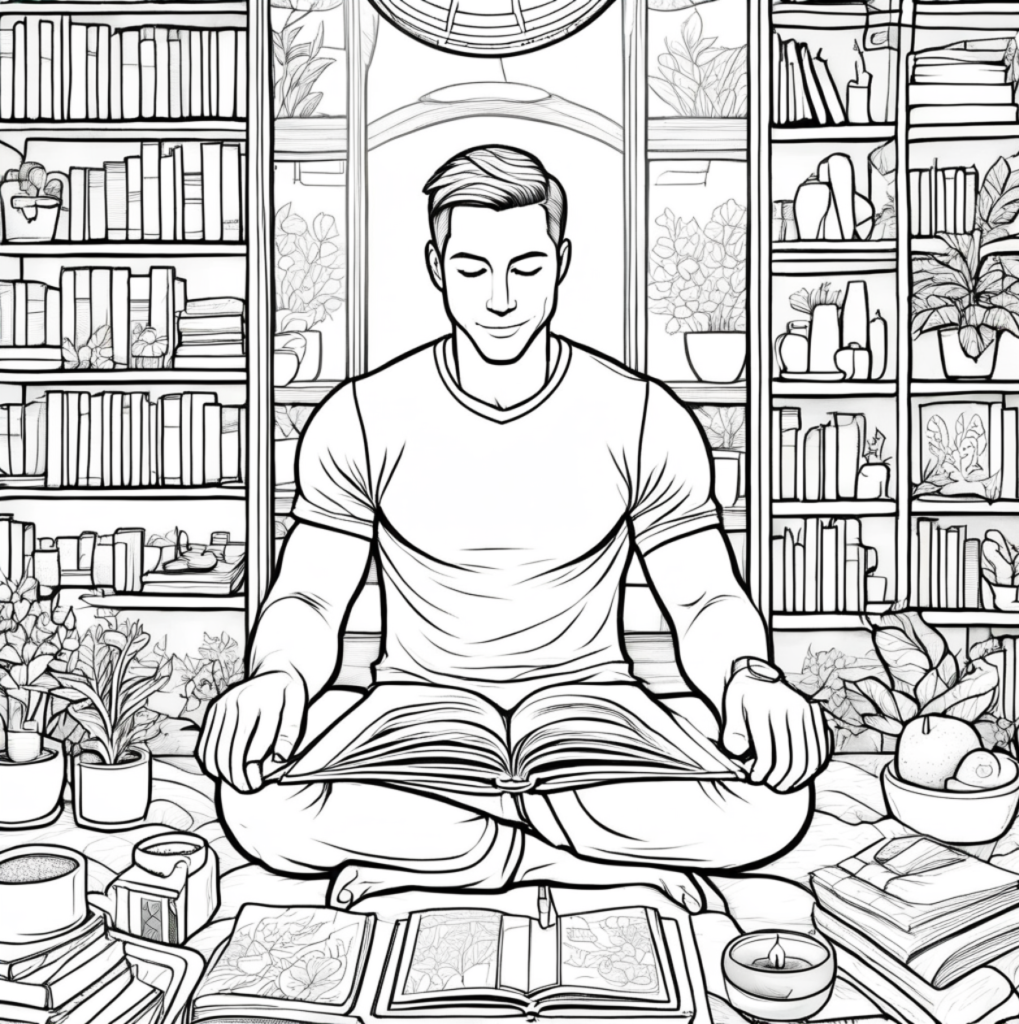Introduction
In the fast-paced world we live in, self-care often takes a backseat to our numerous responsibilities. However, creating a personalized self-care routine doesn’t have to be daunting. By focusing on small, manageable changes, you can significantly improve your quality of life. This guide will help you build a self-care routine that suits your lifestyle and needs.
1. What is a Self-Care Plan?
A self-care plan is a personalized approach to managing your well-being, involving actions that help you thrive physically, mentally, emotionally, and spiritually. The benefits of a self-care plan include enhanced physical health, reduced stress and anxiety, improved mental health, boosted self-esteem, and promoted emotional resilience.
2. Creating a Self-Care Plan
Assess Your Current Situation: Reflect on your current habits and identify areas where you can improve. Consider aspects like sleep, nutrition, physical activity, and mental well-being.
Identify Your Needs: Determine what you need to thrive in different areas of your life, such as physical health, emotional well-being, social connections, spiritual growth, intellectual stimulation, and professional development.
Brainstorm Activities: Think of activities that you enjoy and that fulfill your needs. These can range from physical exercises to relaxation techniques.
Set Clear Goals: Establish specific, achievable goals aligned with your personal values and priorities. For example, aim to exercise three times a week or meditate for 10 minutes daily.
Schedule Activities: Integrate your self-care activities into your daily or weekly routine. Consistency is key to making self-care a habit.
Monitor Progress: Track your progress to see what works and what doesn’t. Be flexible and adjust your plan as needed.
Seek Support: Don’t hesitate to reach out to friends, family, or professionals for support. Social connections can greatly enhance your self-care efforts.
3. Key Pillars of Self-Care
Physical Care:
- Sleep: Aim for 7-9 hours of quality sleep per night.
- Hydration: Drink at least 8 glasses of water daily.
- Nutrition: Incorporate more fruits, vegetables, and whole grains into your diet.
- Exercise: Aim for at least 30 minutes of moderate exercise most days of the week.
Emotional Care:
- Mindfulness: Practice deep breathing, meditation, or journaling.
- Positive Affirmations: Start your day with positive affirmations.
- Disconnect: Set aside time each day to unplug from digital devices.
Social Care:
- Nurture Relationships: Spend time with family and friends, and schedule regular catch-ups.
- Volunteering: Help others for a meaningful cause.
Spiritual Care:
- Reflect: Spend time in reflection or prayer.
- Nature: Spend time in nature to feel grounded and connected.
Intellectual Care:
- Learning: Engage in activities that stimulate your mind, such as reading or puzzles.
- Creativity: Pursue creative hobbies like painting, writing, or music.
Professional Care:
- Boundaries: Establish clear boundaries around work hours to prevent burnout.
- Development: Set professional goals and pursue opportunities for growth.
4. Examples of Self-Care Activities
- Care for Houseplants: Surround yourself with greenery to reduce anxiety and depression.
- Read a Book from Your Childhood: Nostalgia can be comforting.
- Journaling: Write down your thoughts and feelings.
- Listen to a Podcast While Walking: Combine entertainment with exercise.
- Try Aromatherapy: Use eucalyptus shower mist for relaxation.
- Handwrite a Letter: Surprise someone with snail mail.
- Cook a New Recipe: Get creative in the kitchen.
- Declutter: Spend 15 minutes tidying up.
- Quick Self-Care Activities:
- Deep Breathing: Focus on your breath for a few minutes.
- Stretching: Relieve tension and improve circulation.
- Positive Affirmations: Boost your mood with uplifting statements.
- Listen to Music: Play your favorite tunes.
- Mindful Tea or Coffee: Savor your drink without distractions.
- Sunshine Break: Step outside and soak up some sunlight.
- Gratitude Journal: Write down three things you’re grateful for.
- Quick Dance Party: Move to your favorite song.
- Mini Meditation: Close your eyes and focus on your breath.
Conclusion
Building a self-care routine is about making small, sustainable changes that fit into your life. By focusing on the basics of sleep, hydration, nutrition, physical activity, mental well-being, relaxation, boundaries, and support, you can create a routine that enhances your overall quality of life. Remember, self-care is not a one-size-fits-all approach—experiment with different practices and find what works best for you.
Download your FREE Self-Care Checklist Now. Incorporate small, impactful changes and start prioritizing yourself today.
Join the Strong Men Society today to connect with like-minded achievers and access exclusive resources for enhancing your mental toughness and life balance. Start your journey to a stronger, more resilient you!



